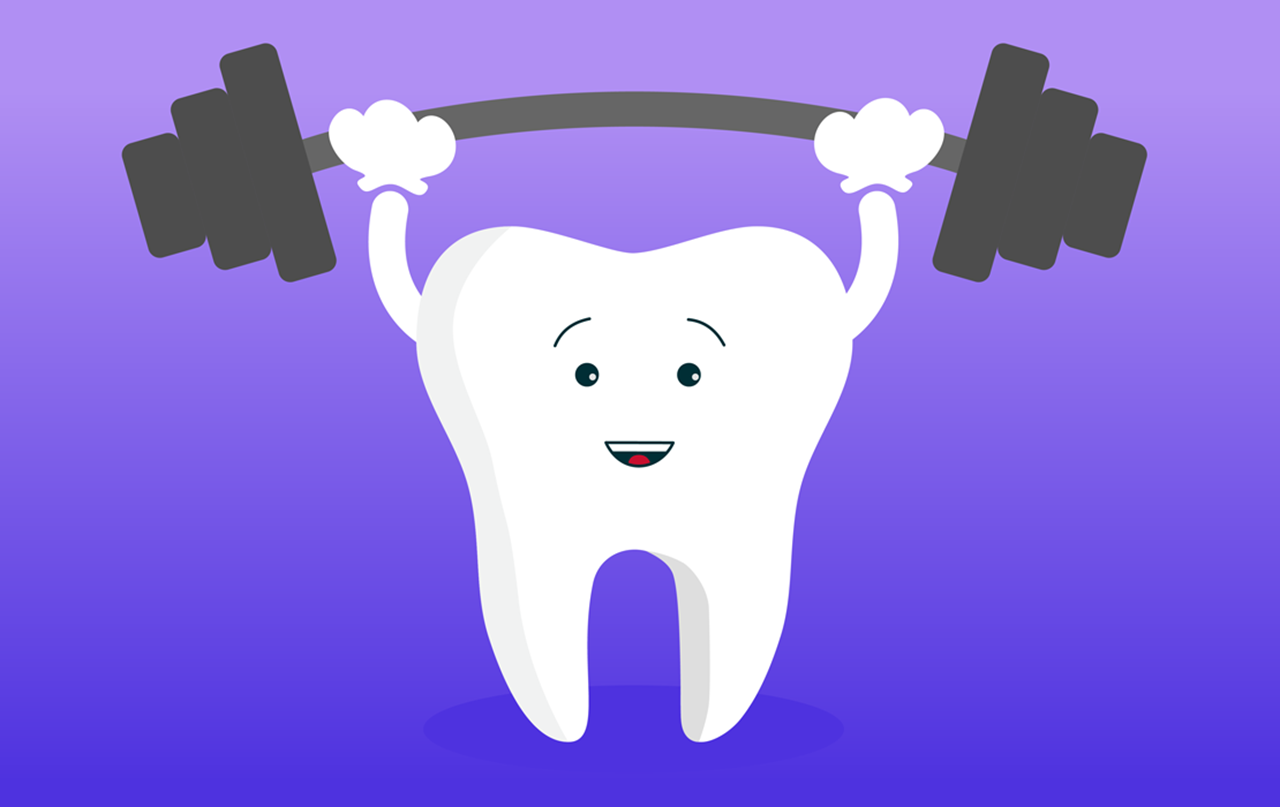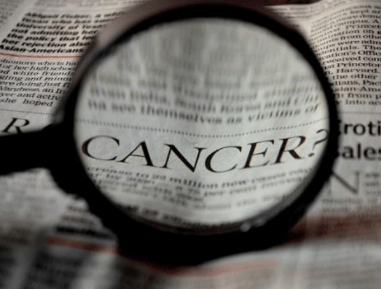
This is an interesting article sent by ADA
The right smile can leave you laughing, fill you with joy or make you melt with emotion. But, ultimately, the best smile is one that is healthy and strong. Here are some of the “tooth truths” about how tough your teeth really are – and how to keep them that way.
1. Tooth enamel is the hardest substance in the body.
The shiny, white enamel that covers your teeth is even stronger than bone. This resilient surface is 96 percent mineral, the highest percentage of any tissue in your body – making it durable and damage-resistant.
2. Your bite is powerful!
Did you know your teeth can exert an average of 200 pounds of pressure when you bite down? That’s probably what tempts us to use our teeth as tools from time to time – but as your dentist will remind you, that’s one of the worst habits when it comes to preserving healthy teeth.
3. Teeth can last for hundreds of years.
Thanks to the durability of tooth enamel, our teeth actually outlast us. In fact, some of the most fascinating things we know about human history come from the study of our forebears’ dental remains. For example, we know that the first travelers to leave Africa for China set out as many as 80,000 years ago – and that early humans used a simple form of aspirin for pain relief – thanks to teeth!
4. Strong as they are, teeth can’t heal on their own.
All other tissues in our bodies have the power to repair themselves, but our teeth can’t. When damaged, they must be repaired by a skilled dentist using caps, crowns, fillings or veneers. When our teeth fall out, the only options are partial or full dentures or dental implants. (Just one more reason to take great care of your teeth every day!)
5. Healthy teeth have the power to resist decay, but they need our help.
Did you know there are more than 300 kinds of bacteria that can attack your teeth? The good news is that with healthy dental hygiene habits and regular checkups, you can protect your teeth from bacteria and other substances that can weaken teeth and cause decay.
In addition to cleaning and checking your teeth for signs of trouble, your ADA dentist and their team can help you learn what food and drink choices are good for your teeth and which ones to avoid. The professionals in your dental office are also ready to help you create a personalized plan to care for your teeth so you can enjoy good dental health for life.
If You are looking for an ADA Dentist, we are in grayslake IL. Call us!





 Did you know that tooth decay is the single largest cause of school absences? The longer decay goes untreated, the worse it gets. Not only can this mean costlier expenses for you, but it also jeopardizes your child’s oral health and education. You can help your child have a healthy, happy smile by taking a few steps to defend against tooth decay. Here are three steps you can take at home.
Did you know that tooth decay is the single largest cause of school absences? The longer decay goes untreated, the worse it gets. Not only can this mean costlier expenses for you, but it also jeopardizes your child’s oral health and education. You can help your child have a healthy, happy smile by taking a few steps to defend against tooth decay. Here are three steps you can take at home. A canker sore can make eating, drinking, and talking difficult and even painful. Maintaining your oral health by brushing and flossing may also be difficult with a sore in your mouth, but keeping up with your daily oral hygiene routine is an important step in the healing process. We’ve put together a short guide to everything you need to know about canker sores.
A canker sore can make eating, drinking, and talking difficult and even painful. Maintaining your oral health by brushing and flossing may also be difficult with a sore in your mouth, but keeping up with your daily oral hygiene routine is an important step in the healing process. We’ve put together a short guide to everything you need to know about canker sores. It’s probably safe to assume that you don’t want the first thing people notice about you to be your bad breath. In fact, depending on the frequency and severity of the odor, bad breath could be hurting you professionally and relationally. There are some obvious causes of bad breath, including foods with strong smells, illness, or dry mouth. However, if you’re finding that a good oral care routine that includes flossing, brushing, and mouthwash isn’t enough to fix the problem, our dental team can help. Below is some information about the common causes of and cures for bad breath. Contact our dental practice today to learn more and to schedule an examination and cleaning!
It’s probably safe to assume that you don’t want the first thing people notice about you to be your bad breath. In fact, depending on the frequency and severity of the odor, bad breath could be hurting you professionally and relationally. There are some obvious causes of bad breath, including foods with strong smells, illness, or dry mouth. However, if you’re finding that a good oral care routine that includes flossing, brushing, and mouthwash isn’t enough to fix the problem, our dental team can help. Below is some information about the common causes of and cures for bad breath. Contact our dental practice today to learn more and to schedule an examination and cleaning! are of your dentures can seem like an added chore. Don’t worry, with a little effort your dentures can stay clean. Here are 5 tips for keeping your dentures clean and your smile healthy.
are of your dentures can seem like an added chore. Don’t worry, with a little effort your dentures can stay clean. Here are 5 tips for keeping your dentures clean and your smile healthy. Jennifer Aniston, Claudia Schiffer, Beyonce, and Gwyneth Paltrow are just some of the stars who have said they enjoy fresh lemon squeezed into warm water as a healthy drink. Some people claim that warm lemon water can boost the immune system, aid digestion, and help with weight loss. But could this lemon water drink be damaging to your teeth? We will discuss this here in more detail and feel free to ask about it more at your next dentist visit at our Grayslake office.
Jennifer Aniston, Claudia Schiffer, Beyonce, and Gwyneth Paltrow are just some of the stars who have said they enjoy fresh lemon squeezed into warm water as a healthy drink. Some people claim that warm lemon water can boost the immune system, aid digestion, and help with weight loss. But could this lemon water drink be damaging to your teeth? We will discuss this here in more detail and feel free to ask about it more at your next dentist visit at our Grayslake office.